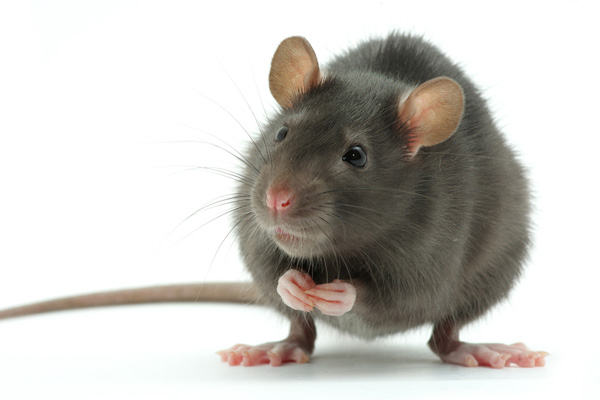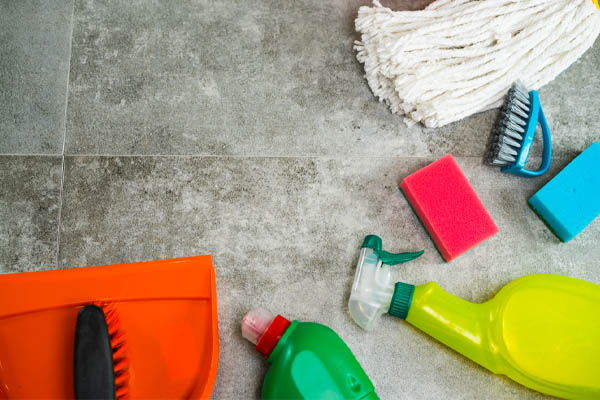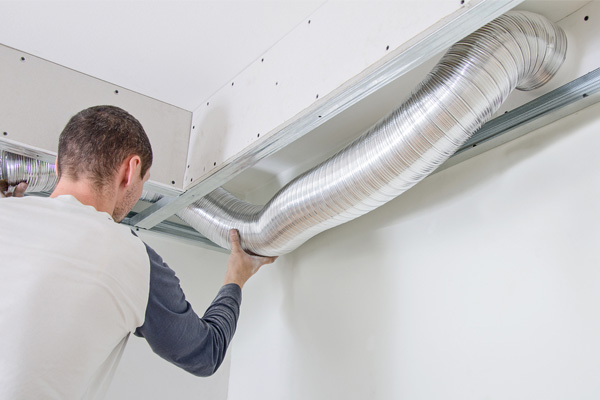Contents
 HVAC air ducts can collect anything from dust and dirt to dead rodents. Some rodents discover an entrance into these air channels, leave their droppings, and some even die in them. This is probably the worst thing that could happen involving organic matter that enters your ductwork. A dead animal in air duct produces a foul smell when they begin to decompose. Aside from the smell, there is also the risk that the animal may have been carrying harmful microorganisms that could blend with the air that is released through the vents. If this situation is not remedied right away, your indoor air quality is reduced, risking the health and well-being of your family.
HVAC air ducts can collect anything from dust and dirt to dead rodents. Some rodents discover an entrance into these air channels, leave their droppings, and some even die in them. This is probably the worst thing that could happen involving organic matter that enters your ductwork. A dead animal in air duct produces a foul smell when they begin to decompose. Aside from the smell, there is also the risk that the animal may have been carrying harmful microorganisms that could blend with the air that is released through the vents. If this situation is not remedied right away, your indoor air quality is reduced, risking the health and well-being of your family.
Dealing With A Dead Rodent In The HVAC Air Duct
When you suspect that there is a dead animal in your air ducts, there are several steps you can take:
Determine If It Is Really A Dead Animal

The foul smell could come from a dead rodent but it could be caused by something else. A decomposing body produces gases such as methane and sulfur dioxide during the decomposition process. Our noses are highly sensitive to these gases, so even small amounts in the air can be noticed right away. The smell of a rotting animal body is strong and rancid. Some people may even feel nauseous because of the powerful stench. The smell is even more intense if it involves a bigger animal because its body will produce more gases. The smell usually lasts for several weeks until the body completely dries out.
Trust Your Nose
After you have determined that the smell is indeed coming from a dead animal in your HVAC system, you need to identify its location immediately so it can be removed. There are instruments that can detect gases produced by a carcass but these are often difficult to acquire and impractical to purchase just for this situation. Just use your nose for the job. The human nose is quite sensitive and can help you pinpoint the spot where the carcass is likely to be. Try identifying the area where the smell is strongest. Of course, this is far from pleasant but it is a quick and inexpensive way to solve your problem.
If, however, you cannot stand the thought of sniffing around to find a dead rodent, simply hire a local HVAC technician to help find the carcass and extract it for you.
Get Your Supplies

Since you will be handling a dead rodent, make sure you are wearing appropriate protective gear. Keep in mind that if there are viruses and bacteria present, you could easily inhale or touch them and become infected. To prevent this, make sure you are wearing gloves before touching the rodent. Bring a thick plastic bag with which to store the carcass. Once you have the rodent in the bag, close it and seal it tightly. Make sure there are no tears in the bag.
If the carcass is in a hard-to-reach location, use a long stick with a hook on one end or a wire hanger to reach the rodent. However, if you are having trouble, call your trusted HVAC technician for help.
Extract The Carcass From Your HVAC Ductwork
If the carcass is close to the vents, the extraction should be fairly easy. Open the vent cover, take out the animal’s body using gloved hands, then put it in the plastic bag. Wear disposable gloves for this purpose. Once the extraction is complete, dispose of the gloves properly.
These are the correct steps to take if the body is relatively intact. If the decomposition is a bit advanced, you may have to remove the animal’s body by piece. Some stains may be left behind, so you need to clean and disinfect the spot. Again, if this is a difficult step for you, call an HVAC professional for help.
Disinfect The Spot

Whether or not the animal’s body is intact, you will have to disinfect the area where the rodent died. It may have left bodily fluids, hair, ticks, and fleas behind, all of which you will have to eliminate. This can be done by sanitizing the area to keep the ducts clean. You can wipe the spot clean then spray disinfectant on and around the area to kill any harmful microorganisms that may be present and to get rid of any foul smell. This will also help ensure that indoor air is safe to breathe. Do not skip this step.
Find The Entrance To Your HVAC Ductwork
If a rodent found its way into your HVAC ductwork, then it must have found an entrance. Once the ductwork has been cleaned and sanitized, do this step. When you find the spot in the ductwork where small animals can enter, you can correct the problem and ensure that it does not happen again.
Look for holes and cracks in your ductwork. If a rat or mouse can fit its head through it, it could probably squeeze in its entire body. Are there broken vents or damaged joints that need to be fixed? You might think that the entrance is near the dead rodent’s body. Do not always assume that the animal died close to the entrance. It may have wandered away before lying down. Make sure to search the entire network of ducts for possible entry points. Then call an HVAC contractor to fix and seal them up.
This job can be taxing and may be too complicated for you to do. Consider calling an HVAC technician to handle the job from the start. HVAC professionals are trained to find problems with the ductwork and know the best solutions to fix them.
Seal All Holes

The holes and cracks in your ductwork are being used by pests to enter your home. Furthermore, if there are holes and cracks in the ductwork, these are also sources of air leaks in your system. This reduces the efficiency of your HVAC system. Because of the loss of warm/cool air, the system has to work harder to produce the ideal temperature, thereby consuming more energy. Whether or not you have vermin in your ductwork, make sure it receives regular attention and maintenance from your local HVAC contractor. This is a preventive action that will save you from headaches later.
Conclusion
Believe it or not, rodent infestation is quite common. HVAC technicians receive plenty of complaints regarding dead animals in the ductwork, so they are fairly familiar with the right solutions to this problem. If you want to get rid of the problem fast, hire a professional to do it. They will also sanitize the area, inspect it, then seal any gaps present to ensure that a rodent invasion never happens again.
Call Wilcox Energy For Effective HVAC Solutions

Do you need reliable heating and cooling services in the southern Connecticut shoreline? Call Wilcox Energy today. Our team of professionally certified contractors conducts high-quality HVAC services. All of our techs are knowledgeable and experienced to perform HVAC maintenance, repairs, installations, and replacements accurately and promptly. We offer practical solutions to improve your air quality, system efficiency, and overall home comfort.
Rest assured, Wilcox Energy has the most competitive HVAC service rates in the area. Our tune-up services can help extend your system’s lifespan while also reducing your heating and cooling costs. We can also recommend the best repair or replacement system options that are affordable and budget-friendly. All of our works are backed with a guarantee to ensure your satisfaction. Book a service appointment and call Wilcox Energy today for a free, in-home estimate.
For more information about our HVAC services, be sure to contact Wilcox Energy. You can click here to contact us, or you can call us at (860) 399-6218 to find out more. We offer a full line of heating and cooling repairs, maintenance services, and installations.
